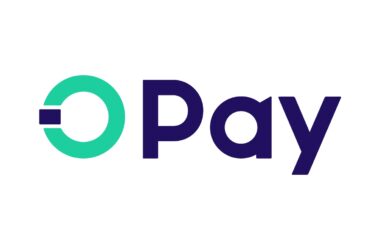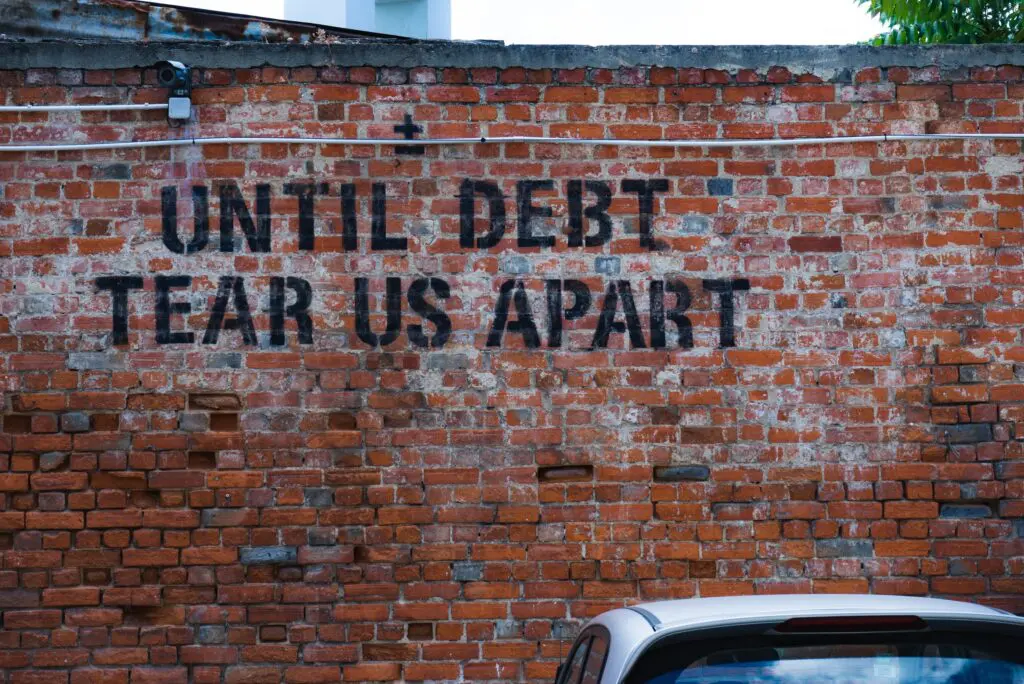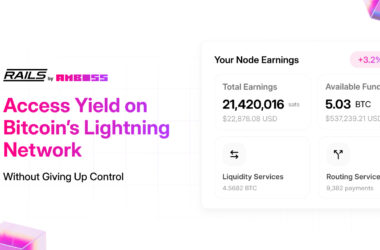Table of Contents
Should I Pay Debt or Save?
Debt plays an important part in our lives today, we have covered this topic in quite some detail in previous articles. Without debt, today it is simply not possible to live our lives in a state of comfort. You need debt to buy your house, debt to buy a new car and debt to fund your higher education.
Debt is therefore inevitable. However, with debt comes the responsibility of managing it in a manner that it can be paid off without causing any damage to your credit score or the credit report.
Debt is not necessarily bad because as we have discussed before it enables us to live a life of comfort and luxury, which would otherwise not be possible. However, the problems start piling up when the debt one has cannot be managed. Whatever the case may be, debt is a burden there is no denying that. It all comes down to managing this burden properly.
Personal Financial Management
We have discussed in earlier articles, just how important personal financial management is. It is the key to managing debt properly. The elements of personal financial management can make debt management very easy. However many people simply do not follow these elements or principles.
Two very important principles when it comes to debt management are
- Saving
- Investment
Importance of Saving
Saving is a very important part of debt or credit management. Savings allow one to create a financial cushion for the future. In America, the average propensity to save is around 11% and during the peak of Covid lockdown in March 2020, this propensity climbed up to 30%.
In general, Americans save around 10% to 15% of their income, FIRE enthusiasts take this percentage as high as 60% and 70% in some cases. But the thing is that saving is an important part of your financial management.
When you save a certain amount of your income each month, you create a financial cushion for whenever the next financial emergency strikes. You can never know when your car may break down or when your home may require emergency maintenance and repairs. Similarly one may lose a job, especially in these financially perilous times when job security is already very low.
In such a situation, having savings at hand can allow you some peace of mind. Without savings, in case of any financial emergency, a person would have to resort to taking on even more debt. Emergency sources of debt may include credit card debt, personal loans or the more risky Payday or Online P2P loans.
Importance of Investment
Savings alone will not make up for a good financial strategy. Savings need to be invested in profitable investment options in order to grow over time. What many people do not understand is the difference between earning income and wealth generation. Your active day job will earn you your income but if you want to go for wealth generation then this is not going to be possible with your day job.
For wealth generation, you have to set aside savings and invest them and then over time, your savings will turn into exponentially increasing savings thereby turning into wealth. This whole process may take around 10 to 30 years of careful saving and investment decisions.
Many people think that as long as they are under debt, investing the savings is not an option. It is true that saving and investment becomes very difficult when you are under debt but paying off the debt and securing your future are two completely different processes.
Scenario Setting
Let us try to look at this methodically. There can be three scenarios in this situation
- Not paying off the debt
- Paying off the debt with savings
- Maintaining a balance between savings and debt repayment
Not Paying off the debt
This is not really an option that anyone would like to go for. There is always a possibility that you may simply decide not to pay your debt but doing so may lead you into further trouble. Not paying off debt will get you declared bankrupt or insolvent. Your lenders will initiate legal proceedings against you. If you have any secured debts then you will lose the collateral and your credit report will also get dented quite seriously.
Paying off the debt with savings
One can consider paying off with savings as a viable option. You can divert all of your savings towards paying off the debt and then once the debts have been paid off you can start saving again. This approach is very close to the debt snowballing method.
There is however a very high risk of coming across any emergency situation that may end up putting you into further debt. For instance, if you save $300 each month then you generate annual savings of up to $3600. These savings can be used in case of any financial emergency. If you, however, divert these savings towards paying off your loans then you may pay off your loans early but you will be financially exposed in case of any emergency.
There is however a chance that perhaps you may get lucky and not come across any financial emergency, in this case, your bet will pay off.
Perhaps a better strategy, in this case, would be to use the savings to pay off short term debt such as credit card debt, personal and payday loans. Using your savings for long term debt is not advisable, as this will expose you for a longer time period.
Maintaining a balance between savings and debt repayment
The most prudent strategy would perhaps be maintaining a balance between debt repayments and savings. This may put a financial strain on you but by adopting good financial management habits such as cutting down on expenditure, making and following budgets you can generate savings and pay off your debt at the same time.
The added benefit of this strategy is that once your debts are completely paid off, you will have internalized good financial habits which will keep you debt-free so that you can enjoy your well earned financial freedom.
















Recent Comments